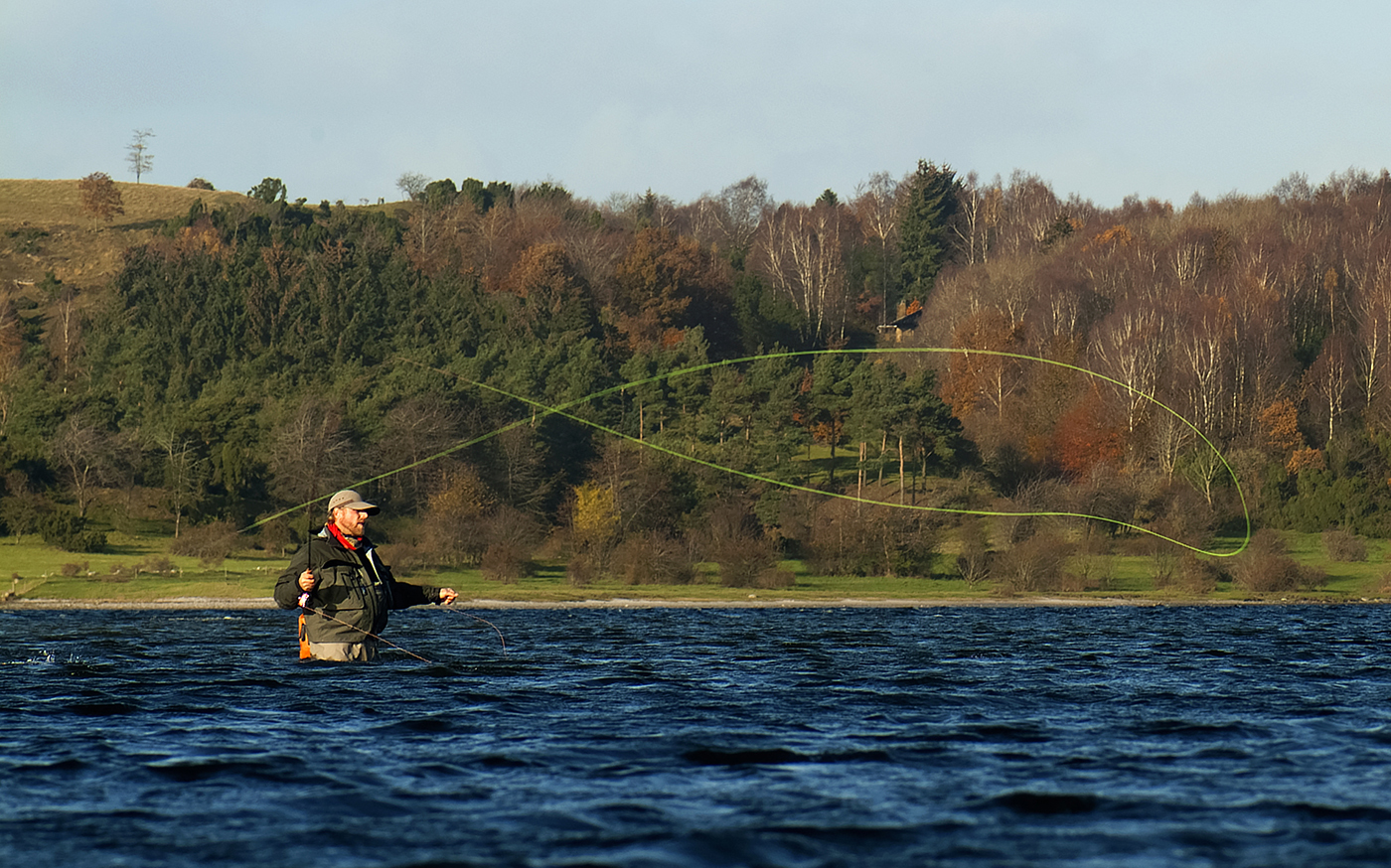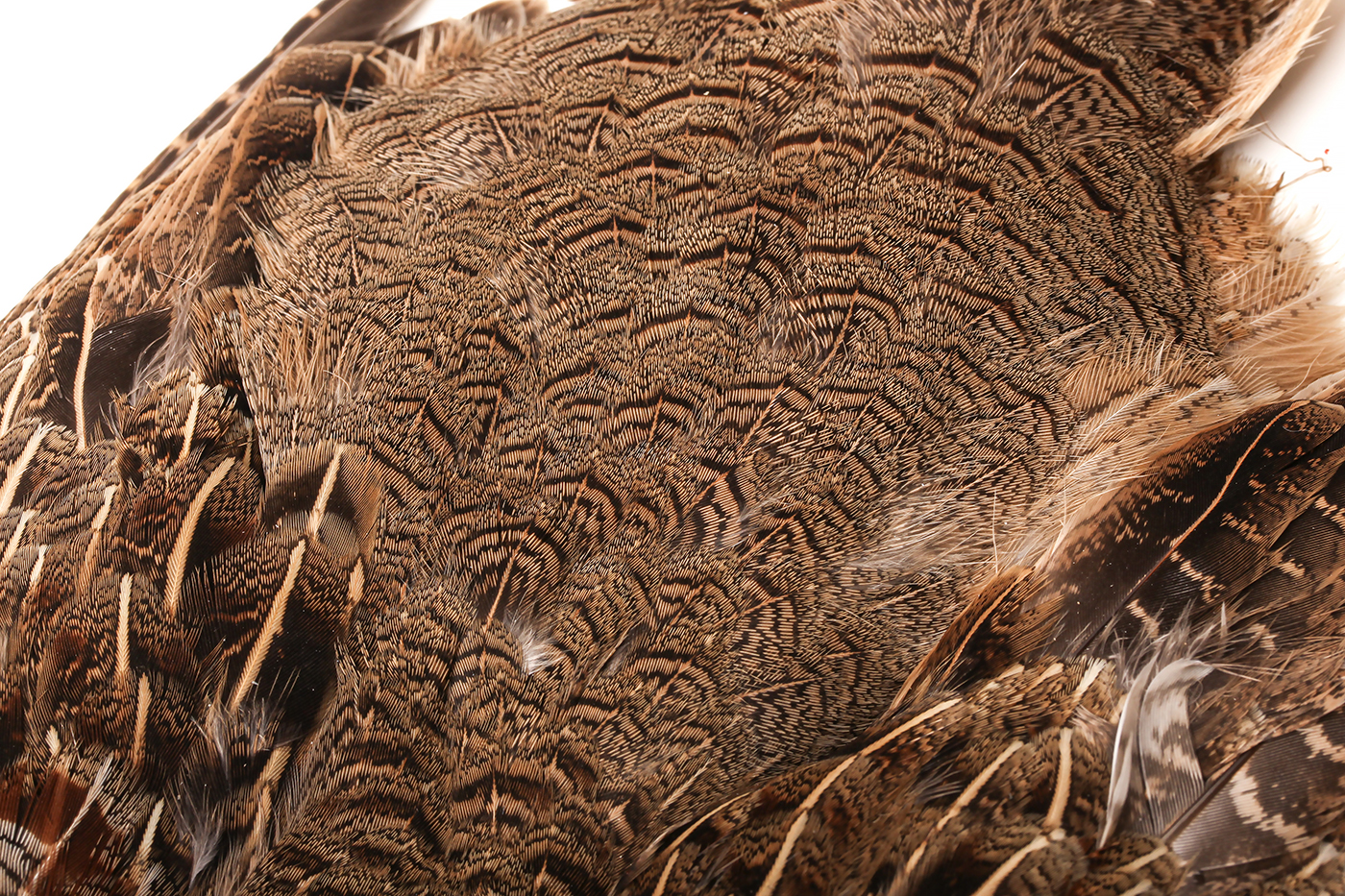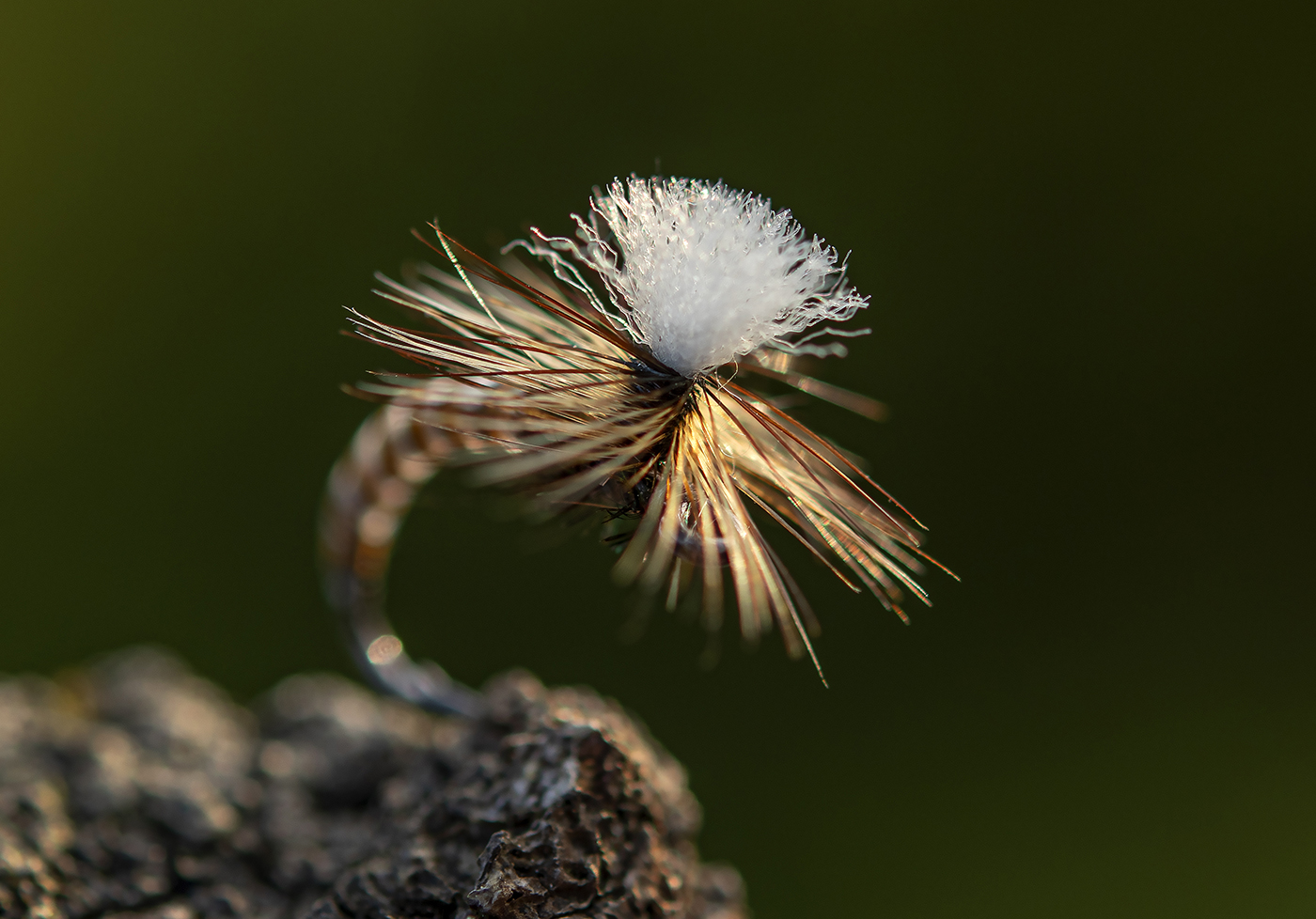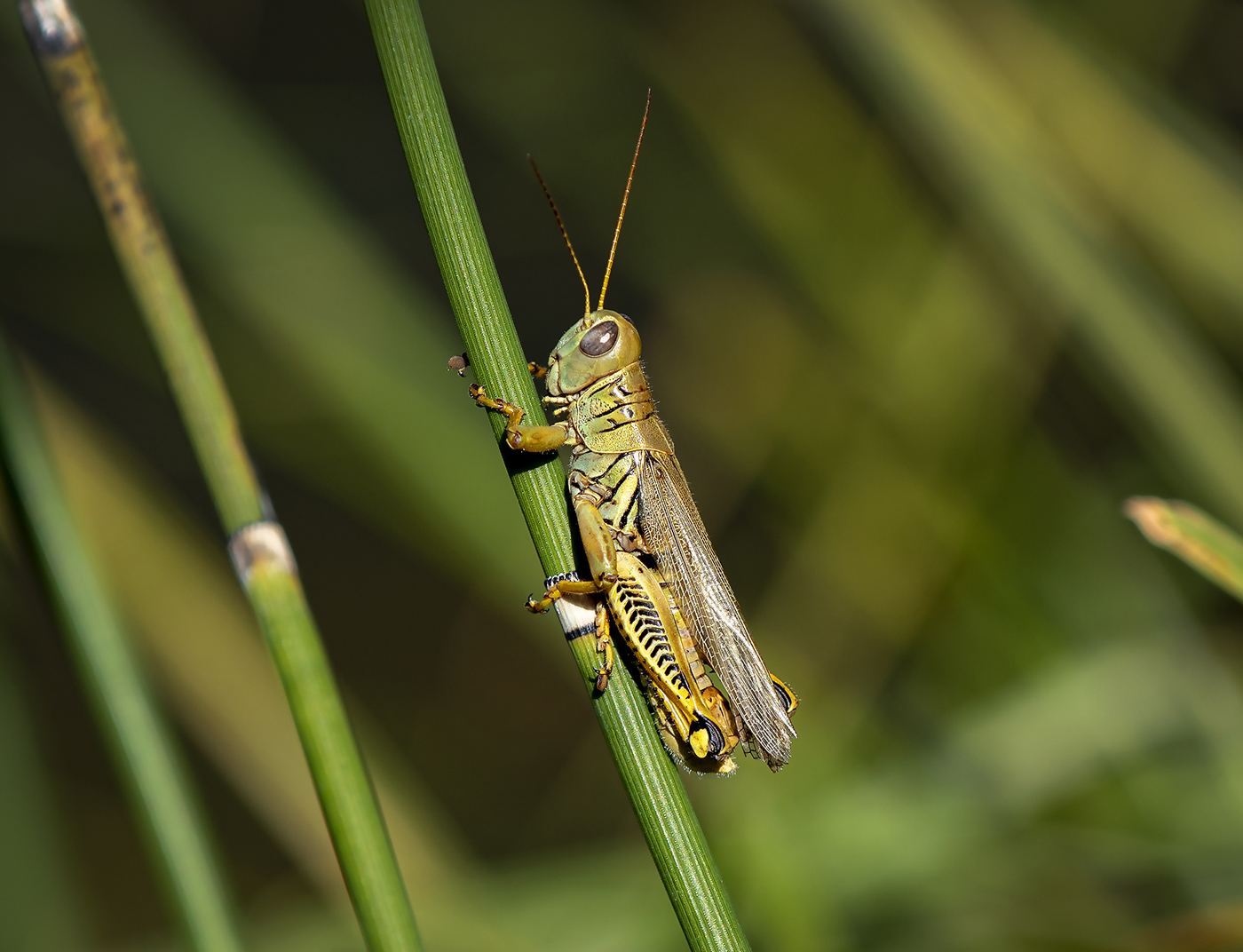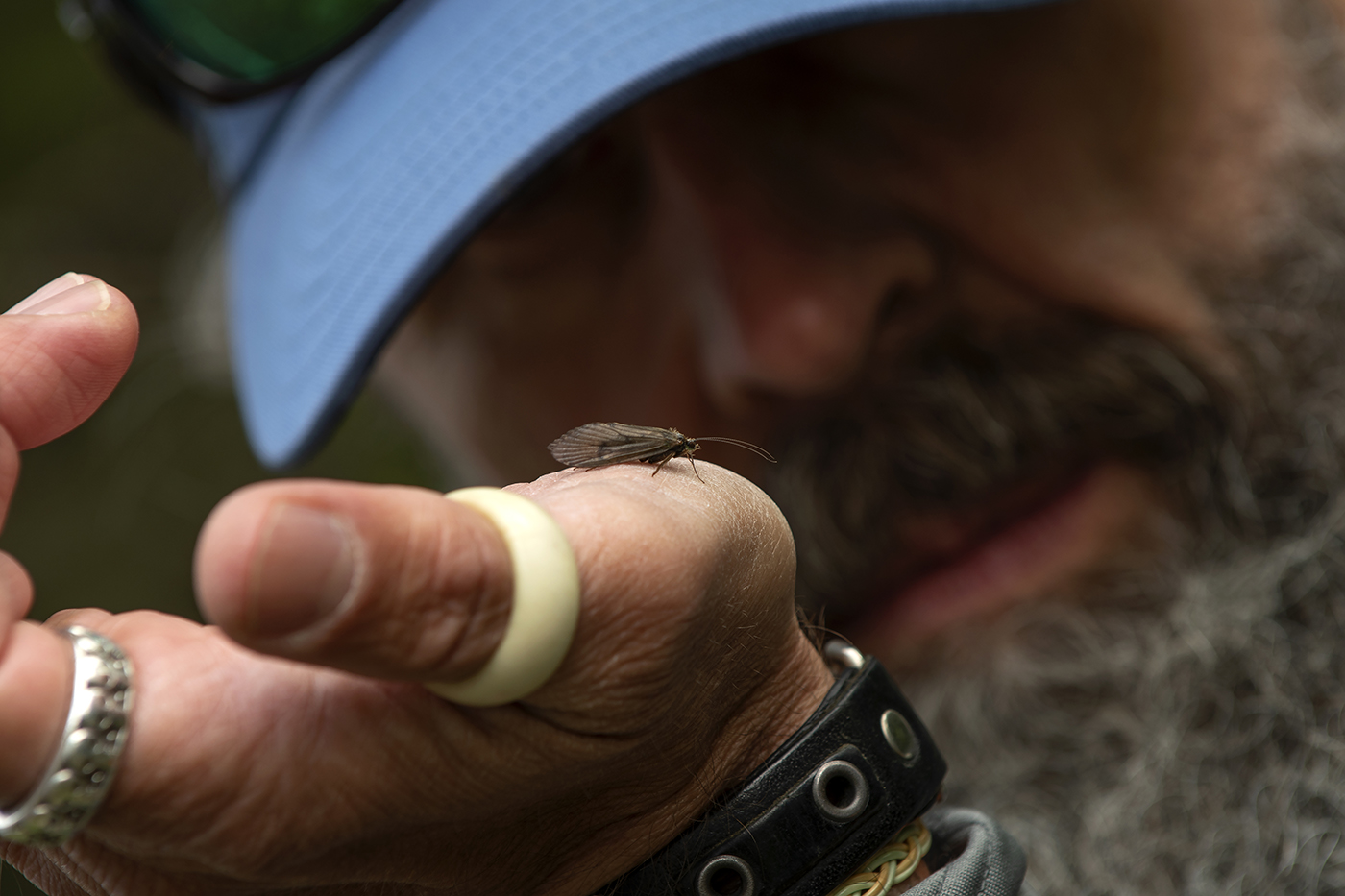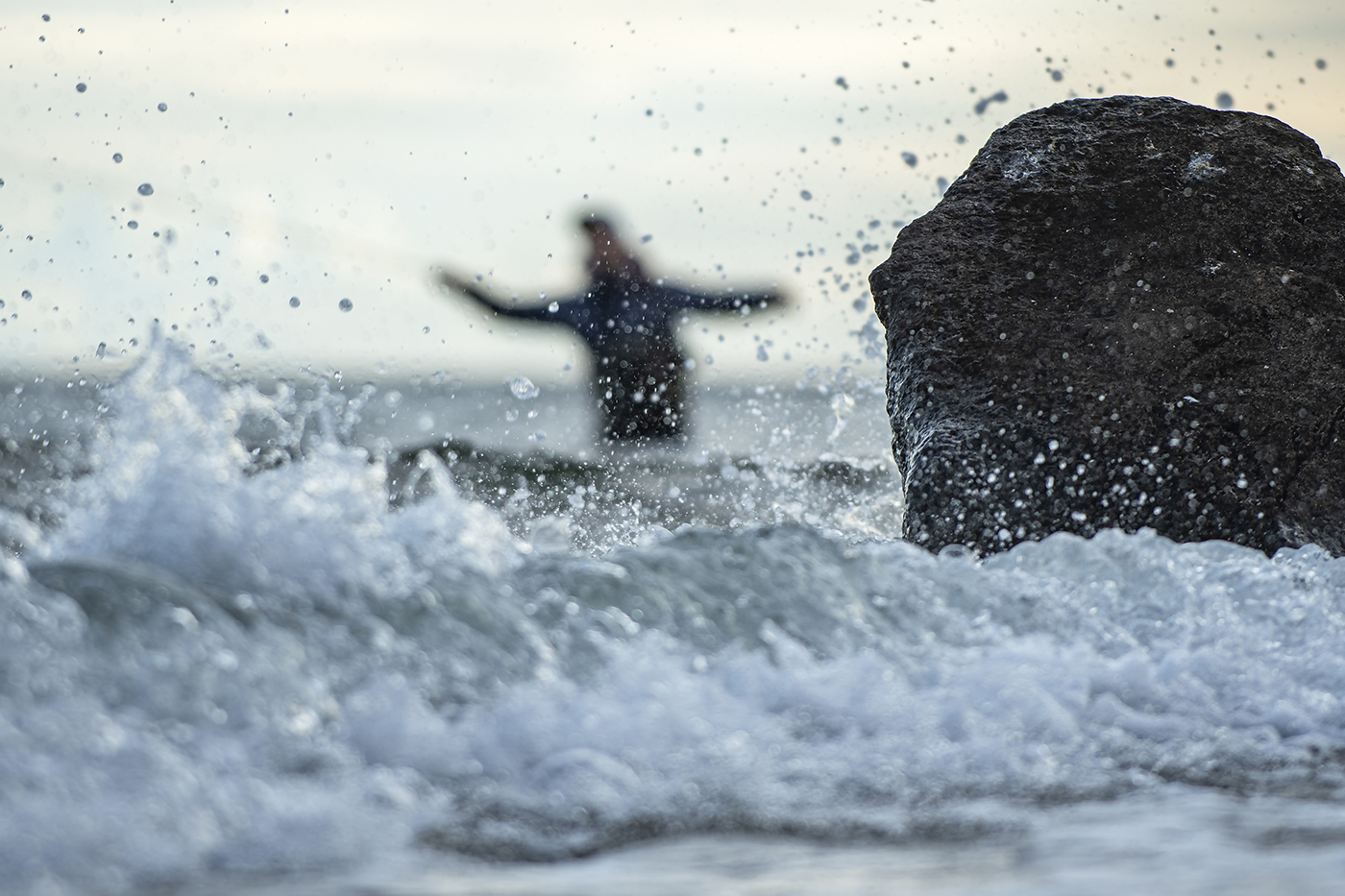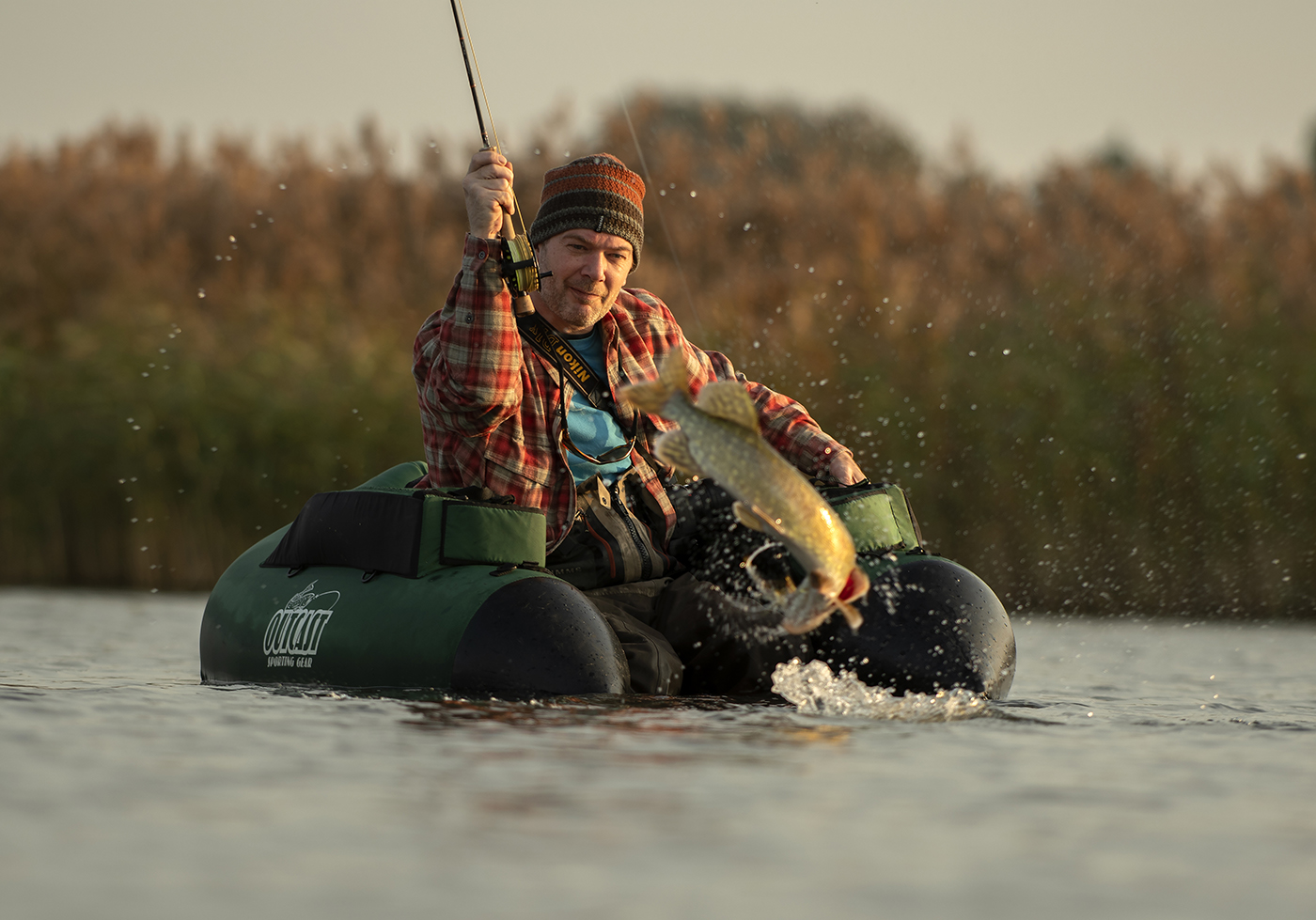
Today marks the official release of a brand new series of hooks that we have chosen to call XO. XO has plenty of meanings in today’s world. Our younger readers will relate it to “hugs and kisses” in text messages while our slightly, how should I put it, more seasoned customers might tend to connect it with cognac, where it signifies that a cognac has been aged for at least six years in oak barrels. We – however – use the term differently, as an abbreviation for Cross Over.

